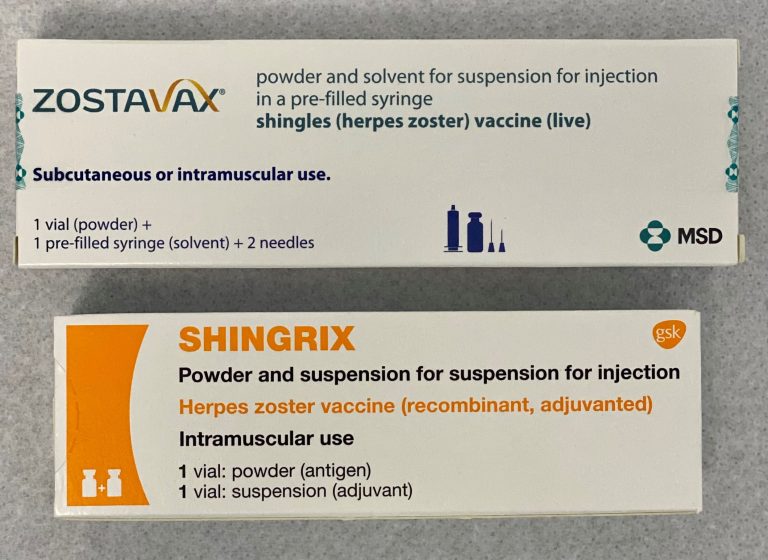GSK plc (NYSE: GSK), a stalwart in the healthcare sector, stands as a pivotal player in the drug manufacturing industry, renowned for its robust portfolio of vaccines and specialty medicines. Headquartered in London, United Kingdom, GSK has a market capitalization of $77.21 billion, underscoring its significant footprint in the global pharmaceutical landscape. With its historical roots tracing back to 1715, GSK has evolved into a powerhouse, engaging in strategic collaborations, such as its partnership with CureVac to develop mRNA vaccines for infectious diseases.
Currently trading at $38.18, GSK’s stock has shown resilience, moving within a 52-week range of $32.08 to $44.26. Despite a minor price change of -0.33 (-0.01%), the stock offers investors a compelling opportunity, with analysts projecting a potential upside of 9.27% from its average target price of $41.72. The target price range spans from $35.25 to a bullish $58.00, reflecting diverse analyst sentiments.
From a valuation perspective, GSK’s forward P/E ratio stands at an attractive 7.84, suggesting that the stock is reasonably priced relative to its anticipated earnings. However, other valuation metrics such as the P/E ratio (trailing) and PEG ratio are not available, indicating potential areas for further financial analysis.
GSK’s performance metrics highlight steady revenue growth at 2.10%. The company’s earnings per share (EPS) is reported at 2.09, while it boasts a robust return on equity of 27.10%, illustrating efficient management and profitability. Furthermore, GSK’s free cash flow amounts to an impressive $5.16 billion, providing the company with the liquidity necessary to fuel innovation and expansion efforts.
Investors seeking dividend income will find GSK’s 4.17% yield attractive, particularly with a payout ratio of 79.84%, signaling a commitment to returning value to shareholders. The company’s consistent dividend payouts further emphasize its financial stability and shareholder-friendly approach.
In terms of analyst recommendations, GSK holds a mixed rating profile with one buy, five hold, and two sell ratings. This balanced view suggests that while there are growth opportunities, investors should remain vigilant of market dynamics and sector-specific challenges.
GSK’s technical indicators reveal a 50-day moving average of 38.93, slightly above its current price, whereas the 200-day moving average is 37.21. The Relative Strength Index (RSI) at 61.57 implies that the stock is nearing overbought territory, warranting cautious optimism. Meanwhile, the MACD and signal line trends (-0.27 and -0.06 respectively) suggest a potential bearish divergence, which investors should monitor closely.
As GSK continues to innovate and expand its therapeutic offerings across oncology, respiratory, and immunology, its strategic collaborations and R&D investments remain pivotal in maintaining its competitive edge. The company’s dedication to addressing global health challenges positions it as a cornerstone in the healthcare sector, offering investors both stability and growth potential.
For investors, GSK presents a nuanced opportunity—balancing promising potential upside with the need for careful analysis of market and industry trends. As always, diversification and due diligence remain key in navigating the complexities of the healthcare investment landscape.









































